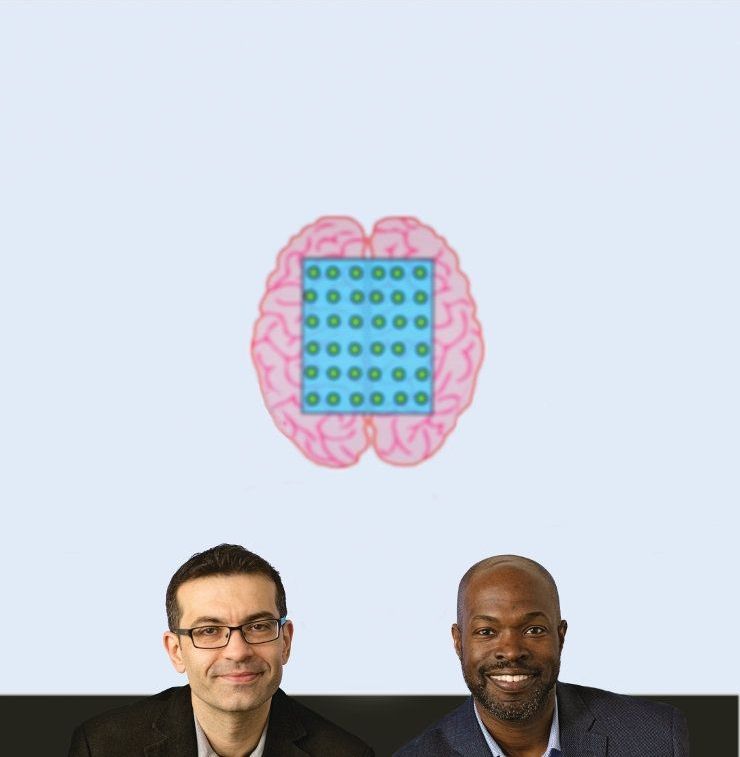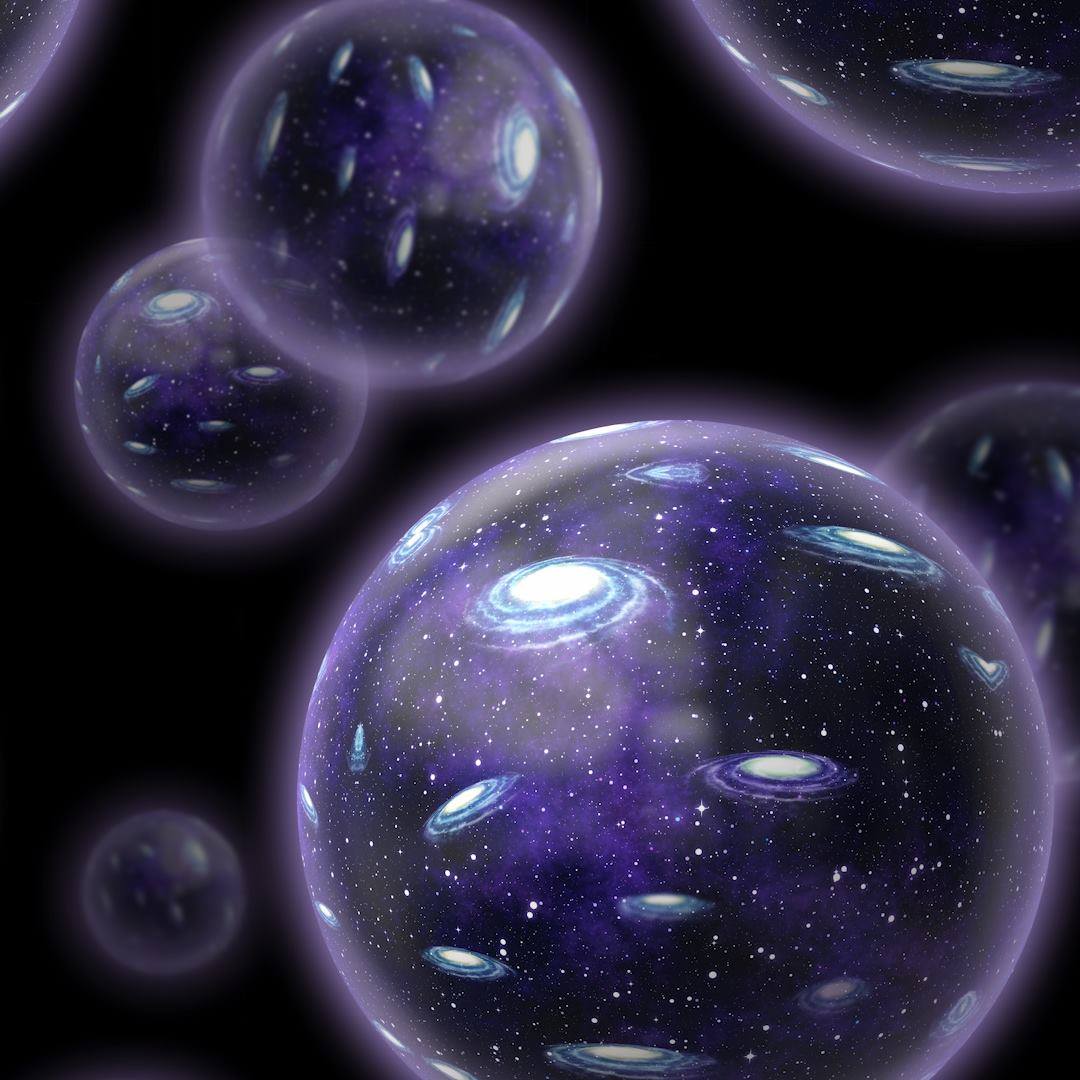After years of vehicle development and building anticipation, NASA has now put the crew in commercial crew spacecraft. The space agency announced the nine men and women who will be the first to fly on new spacecraft operated by Boeing and SpaceX.



Like a team in a science fiction movie, the six-lab squad funded by a 2017 MEDx Biomedical research grant is striking in its combination of diverse skills and duties.
The project is led by Kafui Dzirasa, MD’09, Ph.D.’07, HS’10-’16, associate professor of psychiatry and behavioral sciences and assistant professor in neurobiology and neurosurgery; and Nenad Bursac, Ph.D., professor of biomedical engineering and associate professor in medicine. Their team includes: Marc Caron, Ph.D., James B. Duke Professor of Cell Biology, professor in neurobiology and medicine; Fan Wang, Ph.D., professor of neurobiology; Christopher Kontos, MD, HS’93-’97, professor of medicine and associate professor of pharmacology and cancer biology—all at Duke University School of Medicine—and Jennie Leach, Ph.D., associate professor of chemical, biochemical, and environmental engineering at the University of Maryland Baltimore County, along with a cadre of committed graduate students, postdocs, and technicians.
Dzirasa’s background in engineering informs his approach to the study of neuropsychiatric illness and disease. In the summer of 2016, he and members of his lab were discussing the challenge of precisely monitoring brain activity.

Almost everyone who eats fast food is familiar with the frustration of trying to squeeze every last drop of ketchup out of the small packets that accompany french fries.
What most consumers don’t realize, however, is that food left behind in plastic packaging is not simply a nuisance. It also contributes to the millions of pounds of perfectly edible food that Americans throw out every year. These small, incremental amounts of sticky foods like condiments, dairy products, beverages, and some meat products that remain trapped in their packaging can add up to big numbers over time, even for a single household.
New research from Virginia Tech aims to cut down on that waste – and consumer frustration – with a novel approach to creating super slippery industrial packaging. The study, which was published in Scientific Reports and has yielded a provisional patent, establishes a method for wicking chemically compatible vegetable oils into the surfaces of common extruded plastics.

A team of researchers from Cologne and New York has presented proposals for future traffic management. A dynamic, fair toll for road use could reduce congestion.
In the current issue of Nature, the economists Peter Cramton, Axel Ockenfels (both University of Cologne) and Richard Geddes (Cornell University) describe a concept in which drivers would have to pay a dynamic fee for the use of roads. This would contribute to avoiding traffic jams and protecting the environment, the researchers argue. Fees that respond to traffic volumes in real time and with site precision, taking into account factors such as vehicle type and exhaust emissions, can significantly improve traffic flow and contribute to reducing air pollution.
Traffic jams are not only annoying and time-consuming, they are also costly. In Germany, the economic damage caused by congested roads in 2017 totaled approximately €80 billion. “Currently, road users who cause traffic jams, while damaging the environment and even incurring costs, are paying just as much as those who are not involved,” says Ockenfels. “Without a toll, this means that the general public is subsidizing these road users. That’s unfair.” A toll for road use would bring these costs to light and reduce congestion. “If the fee adapts to the volume of traffic and the situation on the road in real time, i.e., is more expensive at rush hour than around noon, everyone can choose the route that suits them best. This already works for navigation systems,” explains Cramton. “Ultimately, this would reduce the load on main traffic arteries, improve traffic flow and reduce CO2 emissions.

https://paper.li/e-1437691924#/
Stefan Lorenz Sorgner, Ph.D. is a German metahumanist philosopher, Nietzsche scholar, philosopher of music, and an authority in the field of ethics of emerging technologies.
Stefan teaches philosophy at John Cabot University in Rome and is director and cofounder of the Beyond Humanism Network, Fellow at the Institute for Ethics and Emerging Technologies (IEET), Research Fellow at the Ewha Institute for the Humanities at Ewha Womans University in Seoul, and Visiting Fellow at the Ethics Centre of the Friedrich-Schiller-University in Jena, where he was also Visiting Professor during the Summer of 2016. He is also Editor-in-Chief of the Journal of Posthuman Studies.
In recent years, he taught at the Universities of Jena (Germany), Erfurt (Germany), Klagenfurt (Austria), Ewha Womans University in Seoul (South Korea), and Erlangen-Nürnberg (Germany). His main fields of research are Nietzsche, the philosophy of music, bioethics and metahumanism, posthumanism, and transhumanism.

https://paper.li/e-1437691924…
The term “transhumanism” was coined by Aldous Huxley’s brother, Julian, the evolutionary biologist and First Director-General of UNESCO founded 1954 London, now in Paris, Julian Huxley (1887–1975): “I believe in transhumanism: once there are enough people who can truly say that, the human species will be on the threshold of a new kind of existence, as different from ours as ours is from that of Peking man. It will at last be consciously fulfilling its real destiny.” (“Transhumanism.” Julian Huxley. In New Bottles for New Wine, pp 13–17. London: Chatto & Windus, 1957). https://www.newstatesman.com/2017/10/heritage-wars-politics-…out-unesco
The idea was developed by futurist FM 2030 was formerly known as F M Esfandiary, who taught in NY from 1966. “The contemporary meaning of the term “transhumanism” was foreshadowed by one of the first professors of futurology, FM-2030, who taught “new concepts of the human” at The New School in the 1960s, when he began to identify people who adopt technologies, lifestyles and worldviews “transitional” to posthumanity as “transhuman”. The Transhuman phase began with the Industrial Revolution, and in the Anthopocene era of today, many of us (especially in the West) have already progressed beyond the human (agricultural) stage, past the ‘transhuman’ Industrial era, to enjoy our current C21st posthuman post-industrial lifestyles.
The Posthuman Movement (posthuman.org) was announced by Steve Nichols in 1988, and has since become an influential idea in academia and the wider world. The Yahoo posthuman list ran through the 1990’s and has now been joined by various FB groups, the Posthuman Daily, and Posthuman Buddhism. See http://posthuman.TV for more information. MVT (Primal Eye) Theory of Mind is distinctively posthuman, see http::extropia.net and forthcoming http://posthuman.GURU site for MVT awareness generating engines, mind uploading and more.
We’re excited to announce that we have partnered with Future Grind to produce the Rejuvenation Roundup Podcast, hosted by Ryan O’Shea! Explore the latest in life extension and anti-aging science with a dive into a month’s worth of scientific insights and new breakthroughs. More at lifespan.io/roundup
Keynote speech by Luis Elizondo, former head of a Pentagon project to investigate UFO. The topic is Advanced Aviation Threat Identification Program (AATIP).
Presentation starts at 1.08 Q & A session starts at 1.
#Light #Physics
